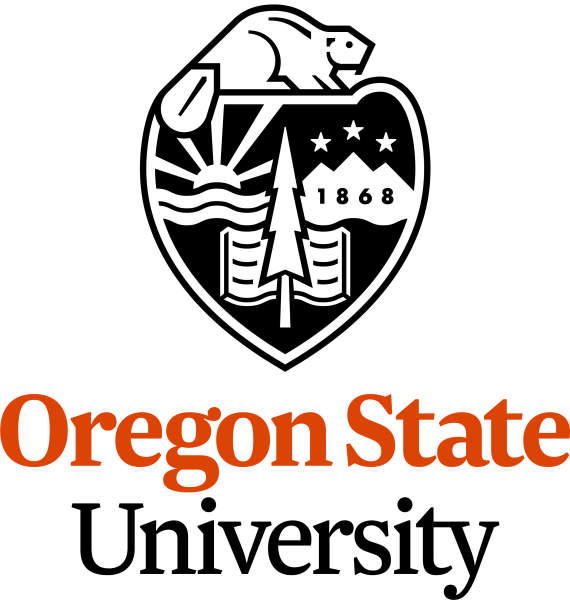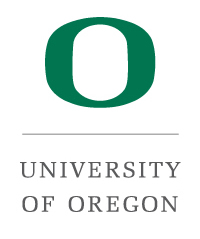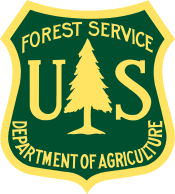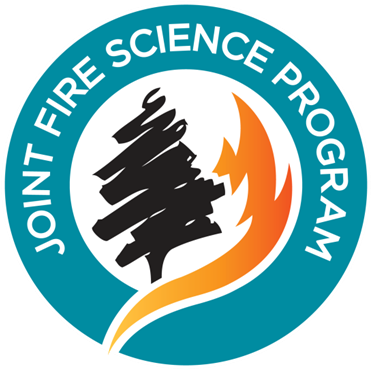| Abstract | The global COVID-19 pandemic will pose unique challenges to the management of wildland
fire in 2020. Fire camps may provide an ideal setting for the transmission of SARS-CoV-2, the virus
that causes COVID-19. However, intervention strategies can help minimize disease spread and
reduce the risk to the firefighting community. We developed a COVID-19 epidemic model to
highlight the risks posed by the disease during wildland fire incidents. Our model accounts for
the transient nature of the population on a wildland fire incident, which poses unique risks to the
management of communicable diseases in fire camps. We used the model to assess the impact of two
types of interventions: the screening of a firefighter arriving on an incident, and social distancing
measures. Our results suggest that both interventions are important to mitigate the risks posed by the
SARS-CoV-2 virus. However, screening is relatively more eective on short incidents, whereas social
distancing is relatively more eective during extended campaigns. We conclude with a discussion of
model limitations and potential extensions to the model.
|




